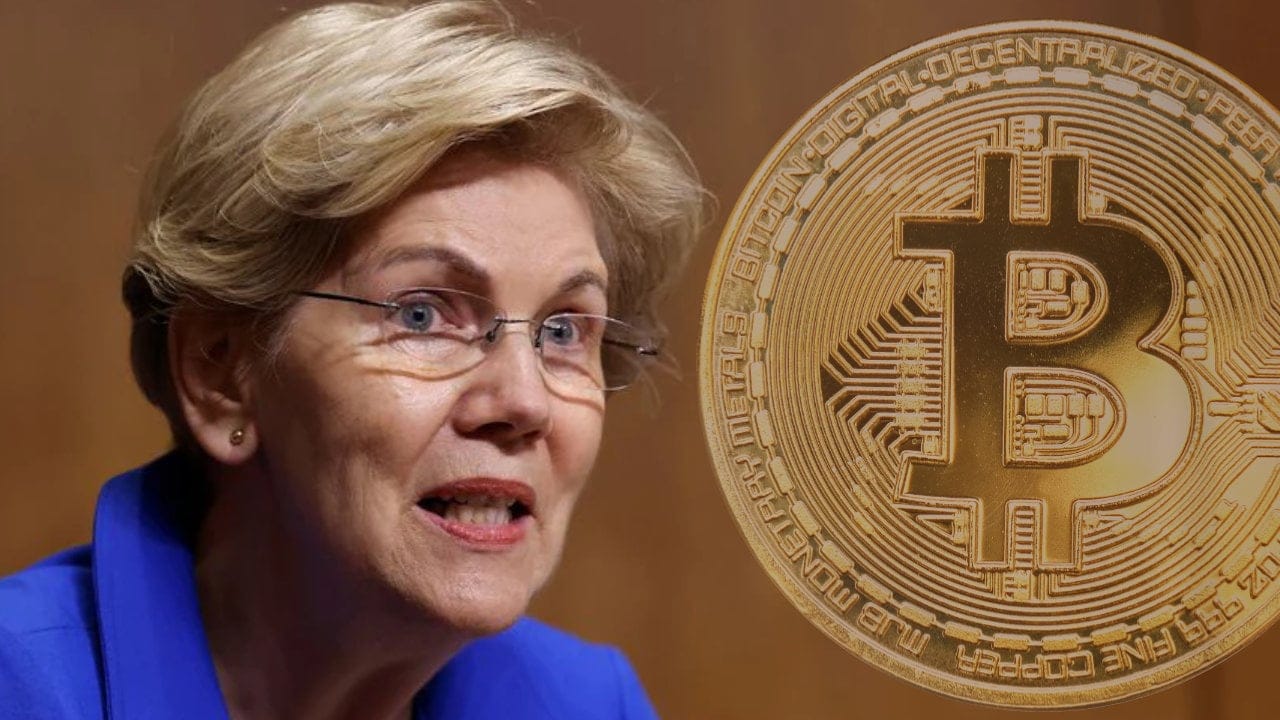Senator Warren Will Lead Senate Banking Committee: Implications for the Crypto Industry

In a pivotal political transition, Senator Elizabeth Warren has stepped into the role of the top Democrat on the Senate Banking Committee. This development is not just a routine change in committee leadership; it's a signal of potentially transformative times ahead for the cryptocurrency industry, which has been under the spotlight for its regulatory needs.
Senator Warren, renowned for her critique of financial sectors and her push for stringent consumer protections, now holds a significant influence over banking and financial regulations. Her known skepticism towards cryptocurrencies, particularly Bitcoin, sets the stage for a rigorous regulatory environment. Her past involvement in urging regulatory bodies to look closer at crypto activities hints at a future where digital currencies might face stricter oversight.
Under Warren's watch, the crypto industry could see several shifts
Enhanced scrutiny on the anonymity of cryptocurrencies is expected. Warren's concerns about these digital assets being used for money laundering or tax evasion could lead to tougher Anti-Money Laundering (AML) and Know Your Customer (KYC) policies. This might mean a more cumbersome onboarding process for users but aims at reducing the risk of these platforms being used for nefarious activities.
Taxation could also see a revamp. Warren has voiced intentions to ensure that crypto investments do not become a loophole for the wealthy to evade taxes. This could lead to new laws requiring detailed reporting of crypto transactions, aligning them closer to traditional financial dealings.
The sectors of stablecoins such as Tether (USDT) and decentralized finance (DeFi) might face heightened regulatory attention. Warren's approach could foster regulations that prevent these financial innovations from destabilizing the economy or undermining monetary policies.
The industry's response to Warren's oversight varies. While some see it as a step towards mainstream acceptance and stability, others worry about innovation being curtailed. This might push crypto businesses towards compliance rather than aggressive expansion, with major exchanges possibly beefing up their legal and compliance teams to meet anticipated regulatory demands. Meanwhile, startups might find the environment tougher, potentially deterring those not ready to navigate complex regulatory landscapes.
Looking ahead, Warren's influence could lead to a more integrated approach to crypto within the financial system
Consumer protection would likely receive a boost, with frameworks designed to shield users from the prevalent scams and manipulations in less regulated spaces. This could foster trust among potential users, albeit at the cost of some of the anonymity that attracts many to cryptocurrencies.
On an international level, Warren might advocate for coordinated regulatory efforts. Given the global nature of cryptocurrencies, ensuring that regulations are not only domestic but also have international clout could prevent regulatory arbitrage where businesses operate from the least regulated jurisdictions.
With Senator Warren at the forefront of the Senate Banking Committee, the cryptocurrency sector stands at a crossroads. The coming years could define how digital currencies are regulated, integrated, and perceived in the global financial ecosystem. While this might mean a slower pace for innovation, it could also lead to a more mature and stable market where only the most compliant and robust projects thrive. The balance between fostering innovation and ensuring regulatory compliance will be key to observe as this narrative unfolds.

